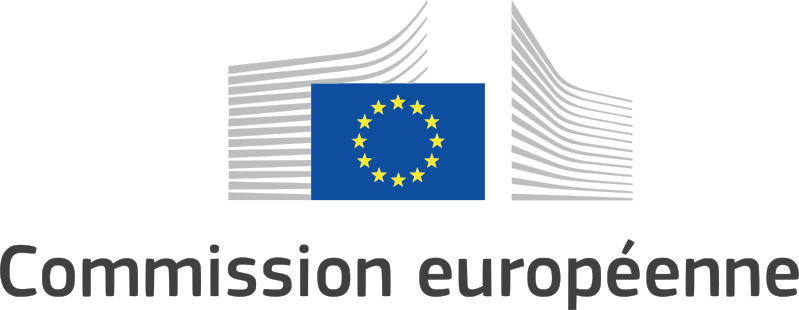ESR4
|
Marina Nazarova: ESR-4 Institute: University of Manchester Nationality: Russian |
|
Working field: Metalic foil targets with protective graphene layers to produce innovative isotopes As an Early Stage Research (ESR) Fellow under the MEDICIS-PROMED ITN project I will undertake the subproject “Metallic foil targets with protective graphene layers to produce innovative isotopes” where I will study the possibility and mechanisms of graphene growth on uranium, thorium and other metals to form a protective layer. This will entail characterising the grown graphene layer and its ageing in difficult environments. |
Post no.
ESR 4
Duration
36 months
Work package
WP1, D1.1: Metallic foil targets with protective graphene layers to produce innovative isotopes
Recruiting partner
University of Manchester, National Graphene Institute, United Kingdom
Objective
To study the possibility and mechanisms of graphene growth on uranium, thorium and other metals to form a protective layer. To characterised the grown graphene layer and its ageing in difficult environments.
Expected results
It has been demonstrated recently, that graphene can serve as a completely impermeable membrane on a surface of a metal. Furthermore, as graphene can be grown conformal on a piece of metal of any shape, it can be used as a corrosion protection. We would like to use graphene as a corrosion protection on uranium, thorium and other metals.
Different metals allow for different mechanisms of graphene growth. We will investigate a possibility of graphene growth on uranium, thorium and other metals, the mechanisms of such growth and will optimise the process. Growth on Tantalum will first be investigated. The student will get familiar with the basic methods of graphene characterisation (AFM, SEM, Raman, etc). and develop new methods to characterise graphene on uranium.
Enrolment for PhD at
University of Manchester, United Kingdom
Planned secondment(s)
CERN, Switzerland – 11 months – The growth of graphene on radioactive metals such as uranium and thorium, for the production of yet inaccessible isotopes by mass separation, such as 99Molybdenum, will be undertaken at CERN.

